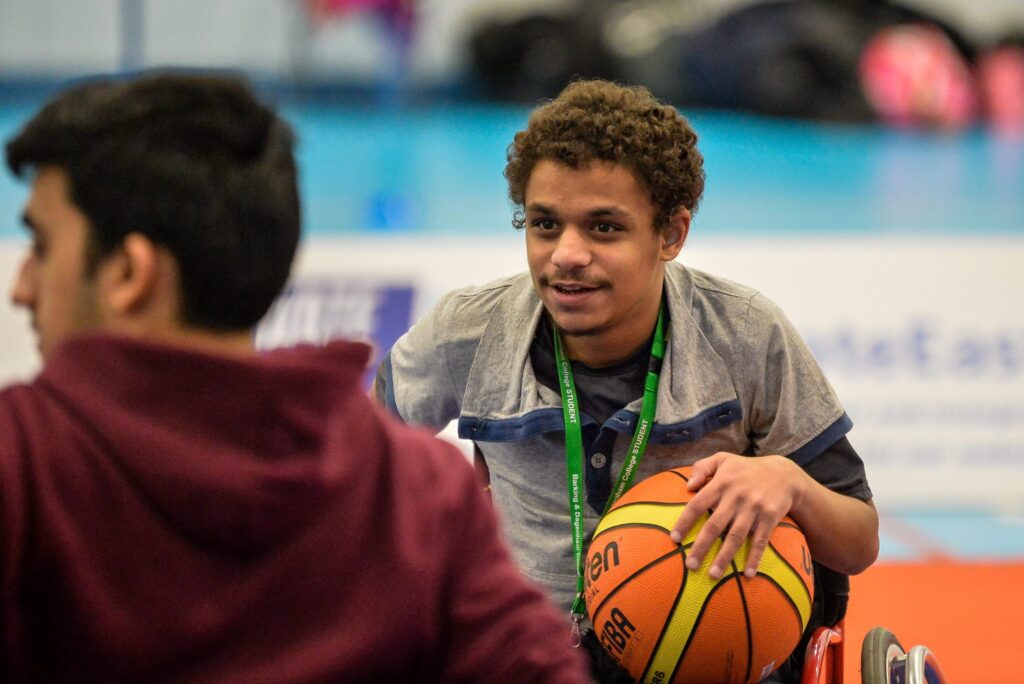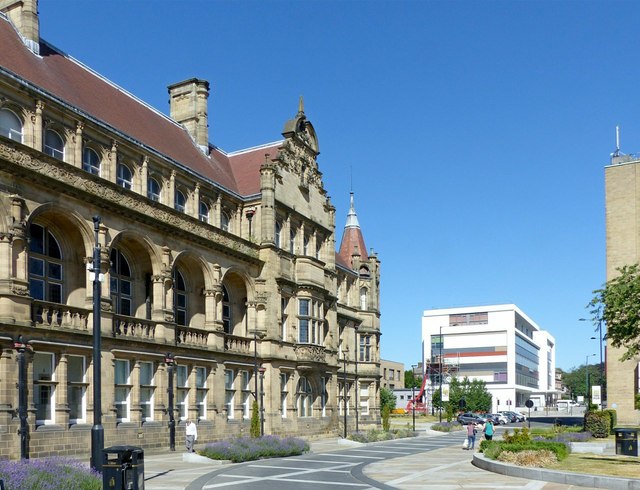Place-Based System Leadership Programmes
On behalf of Sport England and the LGA we designed and delivered a two-day ‘Introduction to Systems Leadership’ programme in Blackpool and Wirral. The programmes brought together partners from across the public and third sectors to learn more about systems leadership, new approaches to tackle inequality and co-design practical applications.
Each programme was tailored to the needs of each place and collaboratively designed with colleagues from the local areas. Innovative learning approaches covered topics such as establishing networks, building common purpose, developing public narrative, and a range or personal leadership skills, sharing of lived experience stories and examples and interactive co-design sessions.
Feedback from the programmes was very positive, with colleagues describing the programme as transformational and reporting increased confidence to do things differently and work in more connected ways, more firmly established networks, and practical examples they could take away and apply.
Eight weeks later we reviewed progress with colleagues and explored the impact of the programme.
Colleagues had a good collective memory of the topics we covered, the key principles shared, and some of the nuances of the learning. Through “Ripple Effect Mapping” we considered things that had changed due to the programme, and the impact those changes had. There were many interesting examples of change especially considering these changes had happened in just 8 weeks, and over the summer break.
Collaborating in Barbershops
In Blackpool, colleagues from the hospital trust, the council and voluntary organisations met for the first time at the programme and established relationships throughout the shared learning experience. Shortly after the training, one colleague was approached by a barber in the town who was passionate about men’s health and wanted to have blood pressure checks in his barbers for local men. Various colleagues from the group came together and have collaborated to not only provide blood pressure monitors to the barber, along with training, and training on Making Every Contact Count, but also signposting links to Active Lives services and others. Several organisations have successfully collaborated, and they are looking to roll out the scheme in other hairdressers/barbers across the town. Some of the comments that was interesting to me were, “usually we would have just applied for funding, but following the programme, the ideas shared, and the network established, we were able to pool existing resources and make it all happen at no cost.” Another colleague shared “I would usually have got caught up in red tape and bureaucracy, but I just thought to myself, I can change the way things work, be brave and just get on and change something”.
Reimagining the Job Centre
In another example, one colleague shared her experience of working in the job centre. She described how the programme had helped her realise that things needed to be different, and that lots about their process and approach had been designed to suit the job centre, not to seek the job seekers. She recognised that there were some compliance elements that could not change but everything else could. She influenced her management team and set about making changes. They have redesigned the office so that people aren’t just ushered in and sat behind a desk across from their job coach, they have new comfy seats and lounge areas, along with a tea and coffee station for customers. They’ve changed the ways they fill in forms to be lets pressured, as well as more accessible and they’ve changed the tone of the conversations to be more person centred and wellbeing focussed. Rather than every meeting between job coach and customer being in the office at the desk, they now take customers for a walk outside for more informal coaching conversations. She described that the programme had given the confidence, the mindset shift and the skills to influence, drive change and see and do things differently.
There were other examples about training staff to be more “systems focussed”, adapting the way they are delivering school swimming to be more child, family and community focussed, redesigning meetings to be more engaging and with a different feel, seeking to get lived experienced more rooted in decision making and lots more.
As a final stage of the process, the Miova team helped the place networks to establish a framework of ongoing learning, connection and collaboration and mechanisms for continuing to influence others in the system to see and do things differently.

